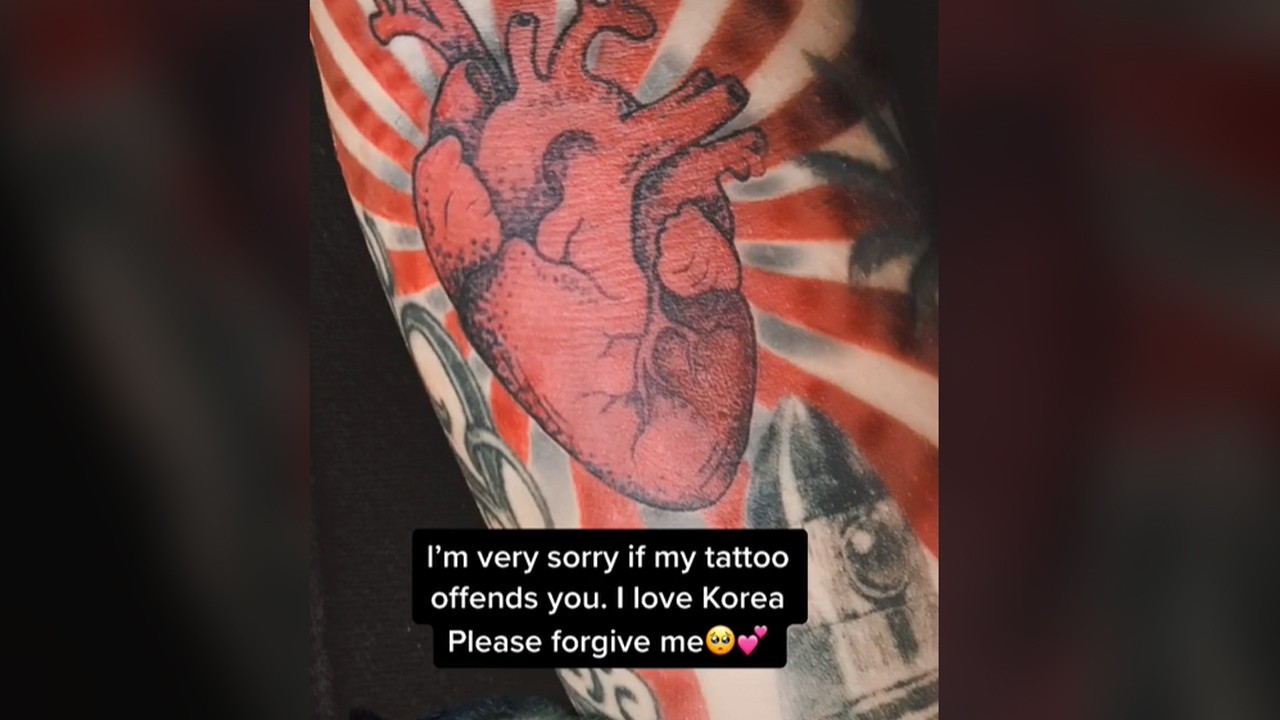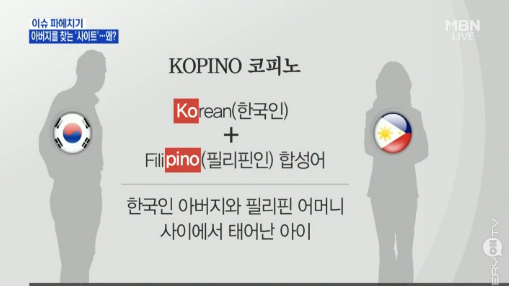On September 5, a conflict between Korean and Filipino netizens erupted when TikTok star Bella Poarch uploaded a video of herself dancing, revealing a Rising Sun Flag tattoo. Poarch is a social media influencer from the Philippines, who has over 15 million followers on TikTok and 17.4 million followers on Instagram. The flag she had tattooed on her arm is highly offensive to Koreans, as it was widely used by Imperial Japan during World War II, and remains a symbolize their wartime aggression during their occupation of the Korean Peninsula from 1910 to 1945.
Koreans criticized the video and posted racist comments to the feed. The online star admitted she had no idea what the flag represented and on September 9, she posted an apology on Twitter. “I apologize to Koreans because 6 months ago I got a tattoo of the red sun with 16 rays. At that time, I didn't know the history. But when I found out, I immediately had it covered and scheduled for removal. I am ashamed of myself for not doing my research. I sincerely apologize.” She also apologized on TiKTok saying, “I’m very sorry if my tattoo offended you. I love Korea. Please forgive me.” Despite the apology and the promise to cover it up, the damage was already done, and Korean netizens proved unforgiving. They continued to attack the social media star and even wrote racist comments on her page calling the Philippines a "poor country," with "unmanaged short people," and "ugly people." A video tearing up the Philippine flag was also posted. The racist remarks by the Koreans sparked an anti-Korean sentiment in the Philippines spurred on by people sharing their racist experiences in Korea. The anti-Korea movement encouraged users to trend the hashtag #CancelKorea.
 |
| ▲ Bella Poarch's apology in her TicTok. (Photo from TicTok) |
Before the fight between Korean and Filipino netizens erupted, the two countries shared a friendly relationship. Hanjin Heavy Industries & Construction Co. of South Korea had built its subsidiary Subic Shipyard in the Philippines. The two countries were also been actively engaged in economic exchanges, including discussions on signing an FTA. But the crisis in relations between the nations is nothing new. The issue of Kopino children has also been a source of contention between the nations over the years.
‘Kopino’ comes from the words Korean and Filipino and it is used in the Philippines to refer to children born between Korean men and Filipino women. They usually result from relationships between Korean men staying in the Philippines for language training, overseas business trips, or travel and local women. Most Kopinos grow up in extreme poverty and social coldness because of their single-parent families, creating a social problem in the Philippines. The number of Kopino children is estimated at around 30,000, some of whom are struggling to find their fathers in Korea, but the Korean government has yet to acknowledge their existence. Lim Ji-young, a lawyer at the Korean Women Lawyers Association, says that men sometimes refuse to take genetic tests when asked to verify their paternity. Koo Bon-chang who manages the Blog “Kopino Children Find Their Fathers” said, “90% of Kopino moms are poor and Kopino fathers ignore their responsibilities to their families.” To find the deadbeat dads, Koo said, “We upload the fathers’ photos on Facebook, in Blogs, or other websites that are based in the USA. Most fathers request their photos be deleted. Then we are in a position to ask for support for the abandoned families.” He said, “The human rights of Kopino moms and their children are more important than the requests for Kopino fathers to remain anonymous.” He conclude by saying, “The government should be taking on his role of seeking out the fathers and the press should stop creating prejudice by saying Kopino’s are a problem created by prostitution.”
 |
| ▲ Explanation of Kopino. (Photo from MBN) |
Another issue that is problematic between the two nations is the level of crime committed against Koreans visiting the Philippines for work or leisure. According to a Ministry of Foreign Affairs’s (MOFA) report, more than 1,000 crimes were committed against Koreans in the Philippines over the last 5 years. This includes murder, burglary, robbery, and reports of missing persons. Between 2015 and 2019, 27 Koreans were murdered, 256 went missing and 2,496 were victims of burglary and loss. Tae Yong-ho, a member of Foreign Affairs and Unification Committee said, “The Philippines has the highest rate of crimes against Koreans in the world. The government should prepare a counterplan for the growing anti-Korean sentiment in the Philippines and hopefully prevent future incidences of murder, rape and robbery.” He added, “The Korea government should activate education and information sharing services for travelers and business people to Philippines. They should also promote the use of consular services to deal with the crimes that occur,” and “MOFA should cooperate with Interpol to ensure the monitoring and protection of the lives of Koreans in the Philippines.”
Netizen quarrels, crimes against Korean and Kopino issues are all intertwined making the relationship between the two countries complicated. It is not right to hate a nation indiscriminately and a mature response is needed to break the vicious cycle of disgust. South Korea and the Philippines should not ignore the problems each country is levying on the other, but instead work cooperatively to resolve them and benefit from the peace, good relations could deliver to both nations.
심민정, 김건희, 정소연 dankookherald@gmail.com

![[Campus Magnifier] Let's Surf the Library!](/news/photo/202404/12496_1765_4143.jpg) [Campus Magnifier] Let's Surf the Library!
[Campus Magnifier] Let's Surf the Library!
![[Campus Magnifier] Let's Surf the Library!](/news/thumbnail/202404/12496_1765_4143_v150.jpg)





